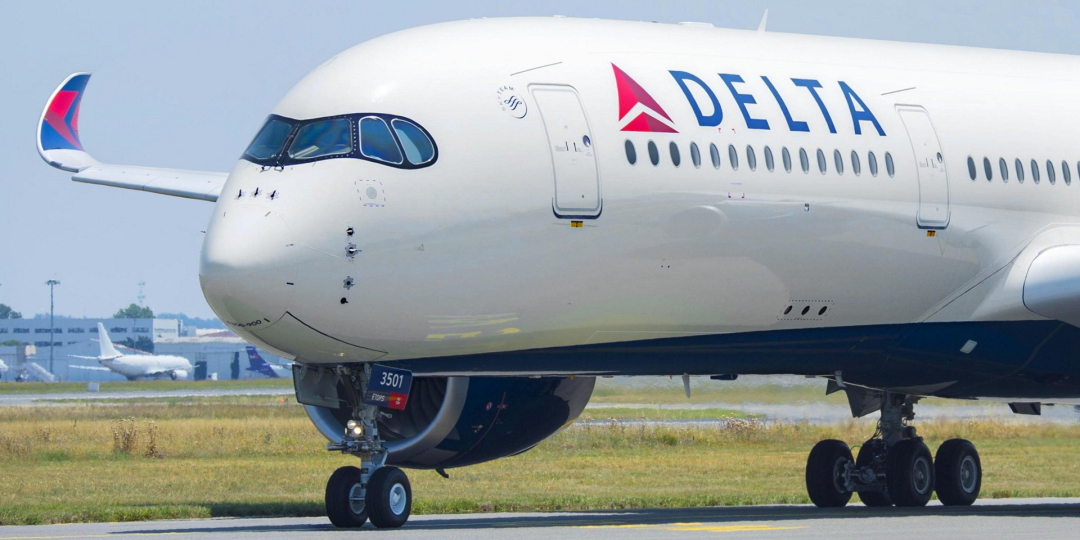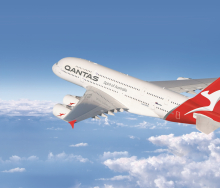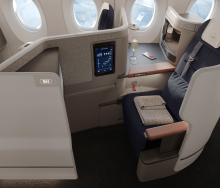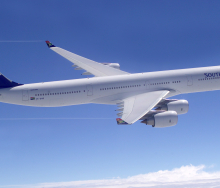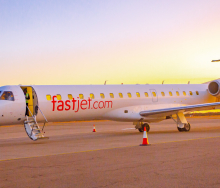Delta Air Lines is at the cutting edge of Covid-19 hygiene in the aviation environment. Travel News asked Jimmy Eichelgruen, Delta’s director of sales for Africa, Middle East and India about some of the measure the airline has put in place.
1. Will tourism continue in its present form? Will mass tourism continue, or only small groups?
Before COVID-19, the aviation industry supported around US$2,7trillion (R39trn) in global economic activity. Revenues from international visitors are essential to the GDP of many countries. It’s still too early to say when we will go back to ‘normal’ and what the post-COVID landscape will look like for mass tourism. So much depends on travel restrictions implemented by individual countries.
2. Will the great hubs of the aviation world continue to exist as they are? Will the numbers of people coming and going, in the queues and in the buildings generally, be perceived as a threat in the minds of travellers?
At the start of the pandemic, we quickly introduced a new Global Cleanliness Division and the Delta Care Standard – 100+ measures to keep customers safer. Delta is also the only airline to have blocked middle seats for a year – from April 8, 2020 to April 30, 2021. Other measures include mandatory masks, employee testing and extensive cleaning – including sanitising every aircraft before boarding.
At airports, measures include distancing markers, frequent hand sanitiser stations and antimicrobial bins at security in some US hubs. Clean ambassadors at 55 airports regularly spot-check high-touch surfaces to ensure the highest cleaning standards.
When customers are ready to fly, we are ready to take care of them.
3. Will there be more demand for direct flights (where travellers are exposed to fewer people/viruses than in large hubs where you have to off-board and then board again)?
Delta Care Standard is keeping customers safer across our network, on direct flights and for customers connecting via our hubs. A study by Harvard University found air travel less risky than eating out or grocery shopping.
Our joint venture partners, Air France KLM and Virgin Atlantic and SkyTeam partners are as committed to ensuring rigorous health and hygiene protocols on board and at their hubs in London, Paris, Amsterdam and worldwide. This means customers can have greater peace of mind when connecting across partner airlines.
4. What obstacles stand in the way of intercontinental tourism resuming?
Ongoing uncertainty is an obstacle we are working to overcome by offering greater flexibility. Customers can book trips with complete confidence thanks to the measures we’ve taken. Delta is extending the validity of all tickets expiring in 2021 and all those purchased in 2021, to now expire December 31, 2022. In addition, we’ve extended our change fee waiver to all tickets that originate outside North America. We have also created an interactive travel map to help customers understand the latest travel requirements or restrictions at their destination and made it easier for them to access COVID-19 testing resources.
5. With differing vaccine certifications in every country and no uniformity, will this be an obstacle?
Delta is consulting with partners across the travel journey – including the cruise line, hotel and entertainment industries – to align on key standards and additional best practices that can be put in place to reopen travel in the months ahead.
To set a blueprint for how the world can reopen international borders and safely restart international air travel, Delta is working with the Italian government to pilot COVID-tested, quarantine-free flights from the US to Rome. Flights involve rigorous testing protocols before travel and on arrival and we have recently extended the pilot scheme to Milan. A previous pilot operated between Atlanta and Amsterdam.

